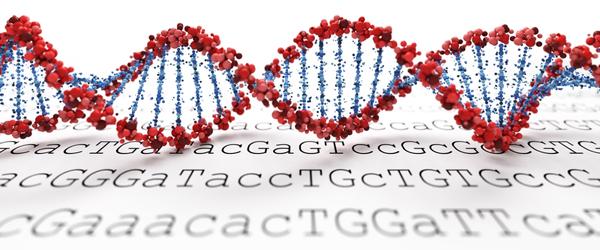Bioinformatics Fundamentals
- Description
- FAQ
- Reviews

Embark on an exciting journey into the fascinating intersection of biology, computer science, and data analysis. Bioinformatics is a rapidly evolving field that plays a pivotal role in unlocking the mysteries of life and driving innovation in healthcare, agriculture, environmental science, and beyond.
What is bioinformatics, and why is it important?
Bioinformatics is an interdisciplinary field that combines biology, computer science, and statistics to analyze and interpret biological data. It's crucial for understanding biological processes, predicting protein structures, and advancing fields like genomics and personalized medicine.
Who is this course designed for?
This course is designed for students and professionals interested in biological sciences, computational biology, or bioinformatics. It's suitable for beginners looking to gain foundational knowledge and skills in bioinformatics as well as professionals seeking to enhance their understanding and practical abilities in the field.
What will I learn in this course?
Throughout the course, you will learn:
•tThe fundamentals of bioinformatics, including types of biological data and databases.
•tTechniques for sequence analysis, genome assembly, and protein structure prediction.
•tPractical skills in using bioinformatics tools and software for data retrieval, management, and analysis.
•tEthical and legal considerations in bioinformatics research.
•tThe fundamentals of bioinformatics, including types of biological data and databases.
•tTechniques for sequence analysis, genome assembly, and protein structure prediction.
•tPractical skills in using bioinformatics tools and software for data retrieval, management, and analysis.
•tEthical and legal considerations in bioinformatics research.
What are the prerequisites for this course?
There are no specific prerequisites for this course. Basic knowledge of biology and an interest in computational methods are helpful but not required. The course is structured to accommodate learners with diverse backgrounds.
How is the course structured?
The course is divided into modules, each covering specific topics such as sequence analysis, genome analysis, protein structure prediction, and more. Each module consists of lessons with video lectures, readings, hands-on exercises, and quizzes to reinforce learning.
What can I expect from the assessments?
Assessments include quizzes at the end of each lesson to test understanding of the material covered. There may also be practical assignments where you apply bioinformatics tools to analyze data sets or solve specific biological problems.
Is there a final project or capstone assignment?
Yes, the course culminates in a final project where you will develop a research proposal addressing a bioinformatics-related problem. This project allows you to apply the knowledge and skills gained throughout the course and demonstrate your ability to conduct bioinformatics research.
How can I apply what I learn in this course to real-world scenarios?
•tApply bioinformatics tools to analyze biological data sets, such as DNA sequences or protein structures.
•tUse sequence alignment algorithms and genome analysis techniques to study evolutionary relationships or identify genetic variations.
•tExplore applications in personalized medicine, agricultural biotechnology, environmental biology, and other fields where bioinformatics plays a crucial role.
•tUse sequence alignment algorithms and genome analysis techniques to study evolutionary relationships or identify genetic variations.
•tExplore applications in personalized medicine, agricultural biotechnology, environmental biology, and other fields where bioinformatics plays a crucial role.
Please, login to leave a review


